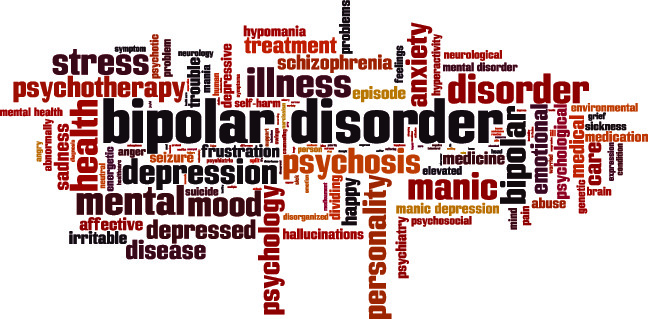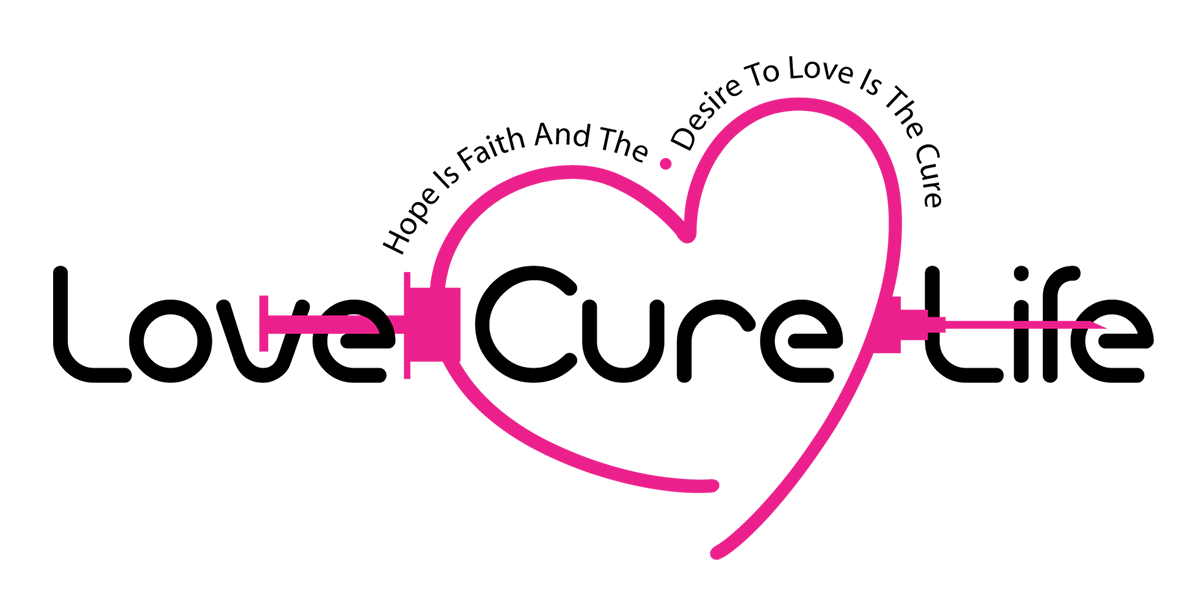
Social Security, more commonly known as social security disability, is a program that provides financial assistance to Americans who have a medical condition that prevents them from working. This is a great program that helps a lot of people pay the bills when they’re struggling with a debilitating illness. While there are many different conditions that qualify for this program, not all of them are the same. Today we’ll be talking about what medical conditions qualify for medical disability.
What Conditions Qualify for Disability?
There are a number of conditions which qualify for disability. The most common ones are listed below!
–Anxiety: A feeling of fear, dread, and uneasiness.
–Arthritis: Arthritis isn’t a single disease; the term refers to joint pain or joint disease
–Asthma: A chronic (long-term) condition that affects the airways in the lungs.
–Autism: A neurological & developmental disorder that affects behavioral, interaction, communication, learning.
–Cancer: A disease caused by an uncontrolled division of abnormal cells in a part of the body.
–Depression: A mood disorder that causes a persistent feeling of sadness and loss of interest.
–Diabetes: A chronic (long-lasting) health condition that affects how your body turns food into energy.
–Heart Problems: Heart disease describes a range of conditions that affect the heart
–Hypertension: A common condition in which the long-term force of the blood against your artery walls is high enough that it may eventually cause health problems
–Schizophrenia: A serious mental disorder in which people interpret reality abnormally.
Does a Medical Condition Have to Match the Listing?
No, an applicant for Social Security disability benefits doesn’t have to meet the exact requirements for a particular illness or condition to be awarded benefits based on the condition. You may be awarded benefits if Social Security considers aspects of your condition to be equal to the criteria in a listing. This is called “equaling a disability listing.” (According to recent government statistics, 37% of all approved disability applications “met” a listing and only 6% “equaled” a listing.)
How Do You Qualify for Disability If You Can’t Meet the Listing?
If you don’t qualify for the medical listing, you can still get disability benefits if your condition limits your ability to work. Social Security will look at how your condition affects your ability to do routine daily activities and work activities, and then decide whether there’s any job you can do safely.
The Social Security Administration (SSA) evaluates how much a person can lift and for how long they can walk or stand to determine a person’s residual functional capacity (RFC). The agency then designates an RFC of heavy, medium, light, or sedentary work. If an applicant’s RFC does not allow them to do any jobs they are suited for, they may still qualify for benefits vocationally. In recent years, 50% of all approved disability applications were approved vocationally. This is based on the assessment of applicants’ limitations and the jobs available to someone with those limitations.
How Can I Get My Medical Condition to Qualify?
Talk to your doctor about your work restrictions if you have been visiting them regularly. For example, you might explain that you experience lower back pain when standing for prolonged periods or after carrying heavy objects. Be sure to ask your doctor to include these details in your medical records; they could note the limitations as “unable to lift 30 pounds” or “standing no longer than two hours.” Ask whether your doctor believes that your limitations make it impossible for you to work full-time. If they agree, then it is time to start the application process for disability benefits.
If you haven’t been seeing a doctor, now is the time to start. You need to have a lengthy medical record that supports your disability claim, including your diagnoses, your limitations, your test results, and your treatment plans. Once you’ve had several doctors’ appointments, ask if your doctor thinks your limitations are disabling and about your long-term prospects for work. Only then should you apply for disability.
Before You Apply for Disability Benefits
Before you apply for benefits, there are a few things you should have on hand. Most importantly, you’ll need the names and contact information for all of the doctors and clinics you’ve visited in the last five years, as well as the names and addresses of your employers over the last 15 years. However, your disability application will require more than just this basic information. Make sure that you have enough detailed information in your medical records for Social Security to be able to make a decision on your claim.
